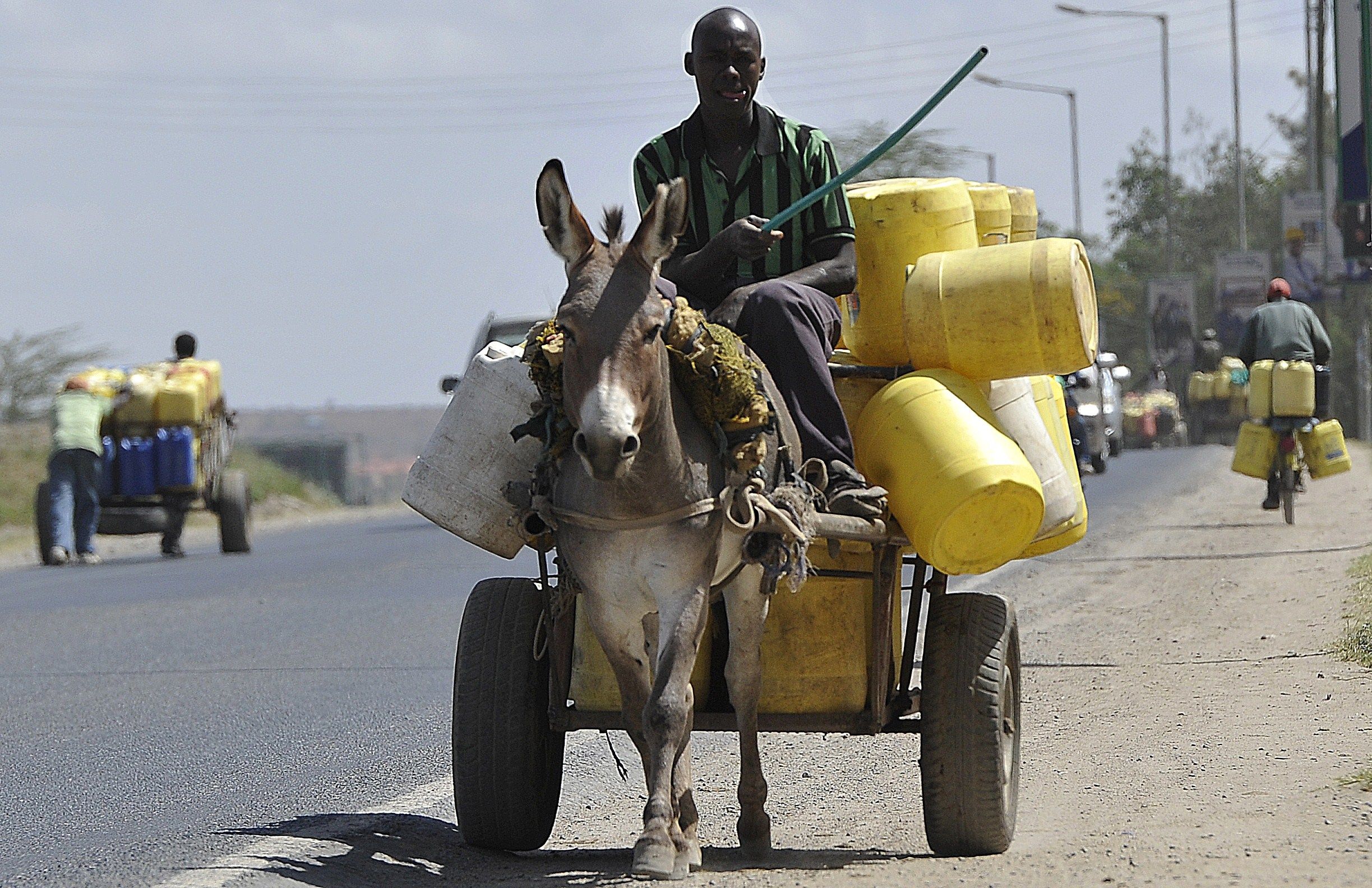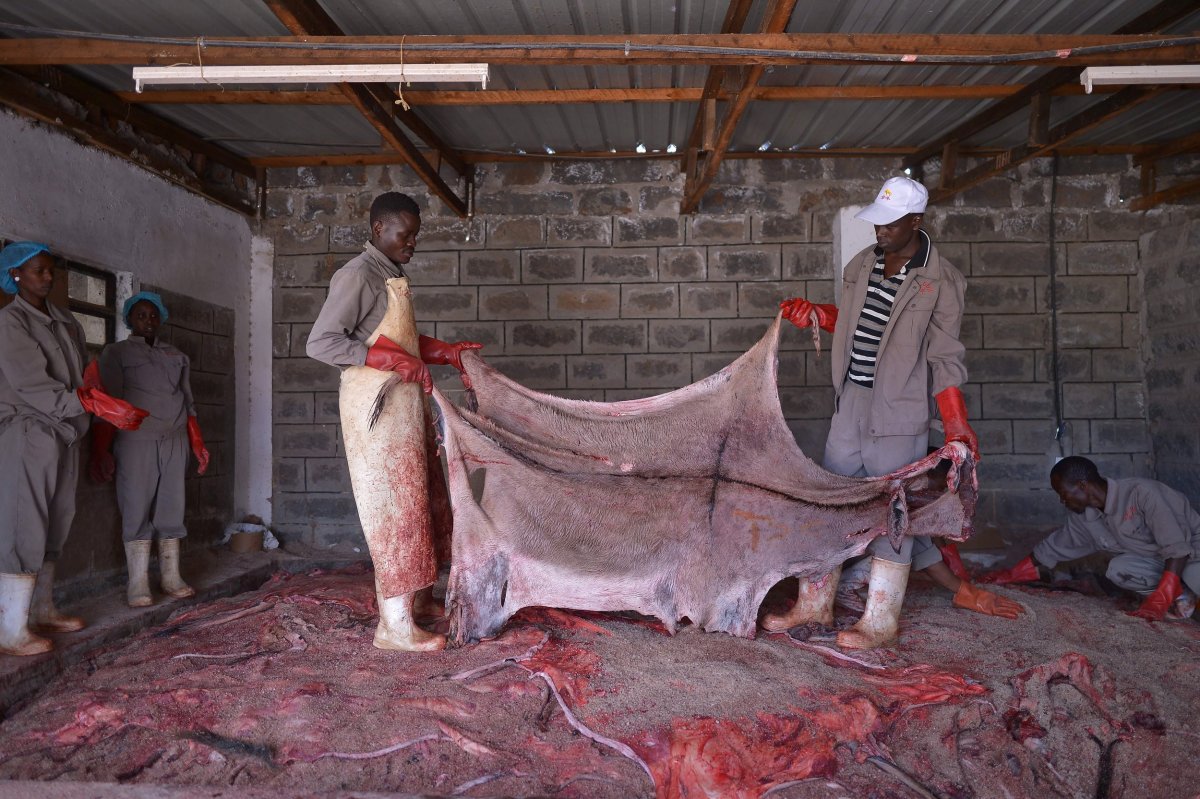
In Africa, donkeys work carrying loads of goods and water for people. But in China, African donkeys are a source for a trendy, supposedly medicinal product, and the animals are losing their skins, and lives, for it.
At donkey slaughterhouses, workers kill and skin donkeys, then dump their bodies in a pile or bury them. They take the skins and boil them down, extracting the gelatin from them to make it into a product called ejiao, which has the consisetency of thick Jell-O. China buys ejiao, which has traditionally be used for it's supposed blood-circulation benefits, but recently has been marketed as a general wellness product. In the last decade, traditional Chinese medicine company Dong-e-e-jiao, has aggressively marketed their donkey-gelatin product, processing a million of the animals per year.
The effectiveness of ejiao as a treatment for blood circulation and cancer has not been established in comparison to standard medicine.

According to an investigative report by The New York Times published on Tuesday, Chinese-owned donkey slaughterhouses are springing up in Africa to meet the demand for ejiao. Slaughterhouse owners say that they are providing income to people who want to sell their unwanted animals, but veterinarians insist that the collection and processing of these animals represent an animal welfare nightmare, according to the report. The article also cites donkey owners who claim that their animals have been stolen and killed for their skin.
In April, the animal welfare charity Brooke reported that almost 1,000 donkeys had been stolen in Kenya from December 2016 to April 2017, and the increasing price for donkeys means that people who lose their animals can't afford to replace them. With no animals to assist in ferrying goods, the incomes of people who depended on donkeys have plummeted.
The welfare of the processed animals is in question, and the Kenyan Veterinary Association has protested the industry. National Geographic reported in September an account from a representative of the South African SPCA, who reported that 70 donkeys waiting to be skinned in a corral was the worst animal welfare violation she had ever seen. Emaciated donkeys picked through trash, some too weak to stand, many infected with herpes. Donkeys don't often carry pregnancies to term under stress, and the representative found 19 aborted donkey fetuses on the ground.
In response to concerns of animal theft and the plummeting donkey population, several countries have banned the export of donkey products to China, including Uganda, Tanzania, Botswana, Niger, Burkina Faso, Mali, and Senegal, according to a BBC article published in October. Kenya also brings in animals from other countries to slaughter.
But legal trade from Kenya and underground trade in illegal countries continues, according to the National Geographic investigation. Once made into products that are legal to sell, animal parts are difficult to trace, and it's nearly impossible to tell if a processed item sold in a store or on the Internet was once a beloved, working family pet.
SaveSave
SaveSave
SaveSave
Uncommon Knowledge
Newsweek is committed to challenging conventional wisdom and finding connections in the search for common ground.
Newsweek is committed to challenging conventional wisdom and finding connections in the search for common ground.
About the writer
Kristin is a science journalist in New York who has lived in DC, Boston, LA, and the SF Bay Area. ... Read more
To read how Newsweek uses AI as a newsroom tool, Click here.








